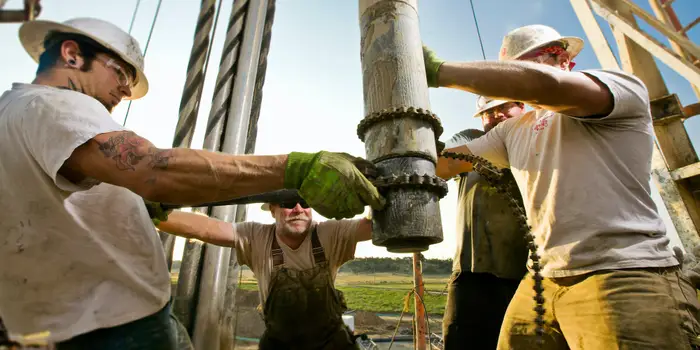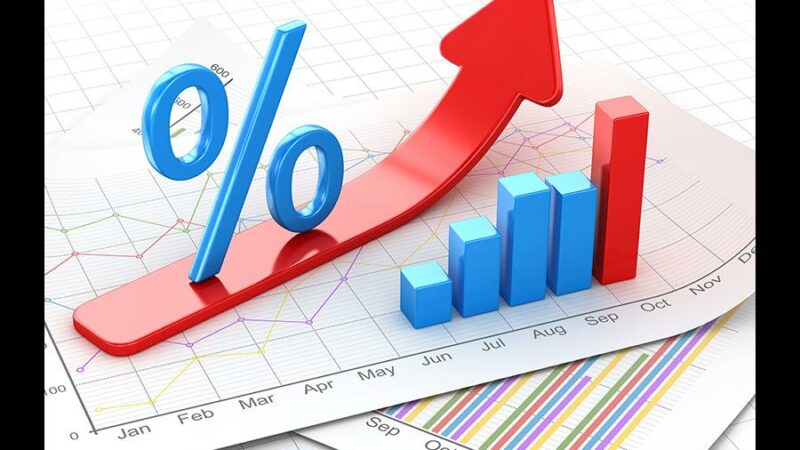There’s no handy solution on a worldwide energy emergency is coming

Cosmic expansions in petroleum gas costs. Soaring coal costs. Forecasts of $100 oil.
A worldwide energy crunch brought about by climate and a resurgence sought after is deteriorating, mixing alert in front of the colder time of year, when more energy is expected to light and hotness homes. Legislatures all throughout the planet are attempting to restrict the effect on customers, yet recognize they will most likely be unable to forestall bills spiking.
Further convoluting the image is mounting tension on state run administrations to speed up the change to cleaner energy as world pioneers get ready for a basic environment culmination in November.
In China, planned power outages for inhabitants have as of now started, while in India power stations are scrambling for coal. Shopper advocates in Europe are requiring a restriction on separations if clients can’t expeditiously settle what they owe.
“This price shock is an unexpected crisis at a critical juncture,” EU energy boss Kadri Simson said Wednesday, affirming the alliance will diagram its more extended term strategy reaction one week from now. “The immediate priority should be to mitigate social impacts and protect vulnerable households.”
In Europe, flammable gas is presently exchanging at what might be compared to $230 per barrel, in oil terms up over 130% since the start of September and in excess of multiple times higher than a similar point last year, as indicated by information from Independent Commodity Intelligence Services.
In East Asia, the expense of flammable gas is up 85% since the beginning of September, hitting generally $204 per barrel in oil terms. Costs stay a lot of lower in the United States, a net exporter of flammable gas, yet at the same time have shot up to their most significant levels in 13 years.
“A lot of it is feeding off of fear about what the winter’s going to look like,” said Nikos Tsafos, an energy and international affairs master at the Center for Strategic and International Studies, a Washington-based research organization. He believes that uneasiness has made the market split away from the essentials of organic market.
The free for all to get gaseous petrol is likewise pushing up the cost of coal and oil, which can be utilized as substitutes at times, however are surprisingly more terrible for the environment. India, which remains incredibly subject to coal, said for this present week that upwards of 63 of its 135 coal-terminated force plants have two days or less of provisions.
The conditions are making national banks and financial backers stress. Rising energy costs are adding to swelling, which previously was a significant worry as the worldwide economy attempts to shake off the waiting impacts of Covid-19. Elements over the colder time of year could exacerbate the situation.
No simple arrangement
The emergency is pull in taking off interest for energy as the monetary recuperation from the pandemic grabs hold, and a painstakingly adjusted framework that is effectively disturbed by climate occasions or mechanical issues.
A curiously long and cold winter recently drained loads of petroleum gas in Europe. Taking off interest for energy has hindered the restocking system, which commonly occurs over the spring and summer.
China’s developing craving for liquified gaseous petrol has implied LNG markets can’t fill the hole. A decrease in Russian gas trades and surprisingly quiet breezes have exacerbated the issue.
“The current surge in European energy power prices is truly unique,” energy examiners at the Société Générale bank told customers this week. “Never before have power prices risen so far, so fast. And we are only a few days into autumn temperatures are still mild.”
The elements are resounding around the world. In the United States, petroleum gas costs have risen 47% since the start of August. The scramble for coal is additionally setting off a spike in the cost numerous European organizations need to pay for carbon credits so they can consume petroleum derivatives.
Moreover, the energy crunch is supporting oil costs, which hit seven-year highs in the United States this week. Bank of America as of late anticipated that a virus winter could push the cost of Brent unrefined, the worldwide benchmark, past $100 per barrel. Costs haven’t been that high beginning around 2014.
Disclaimer: The views, suggestions, and opinions expressed here are the sole responsibility of the experts. No Money Virtuo journalist was involved in the writing and production of this article.






